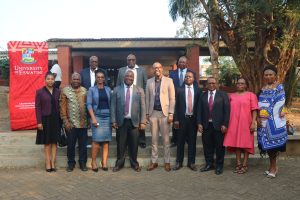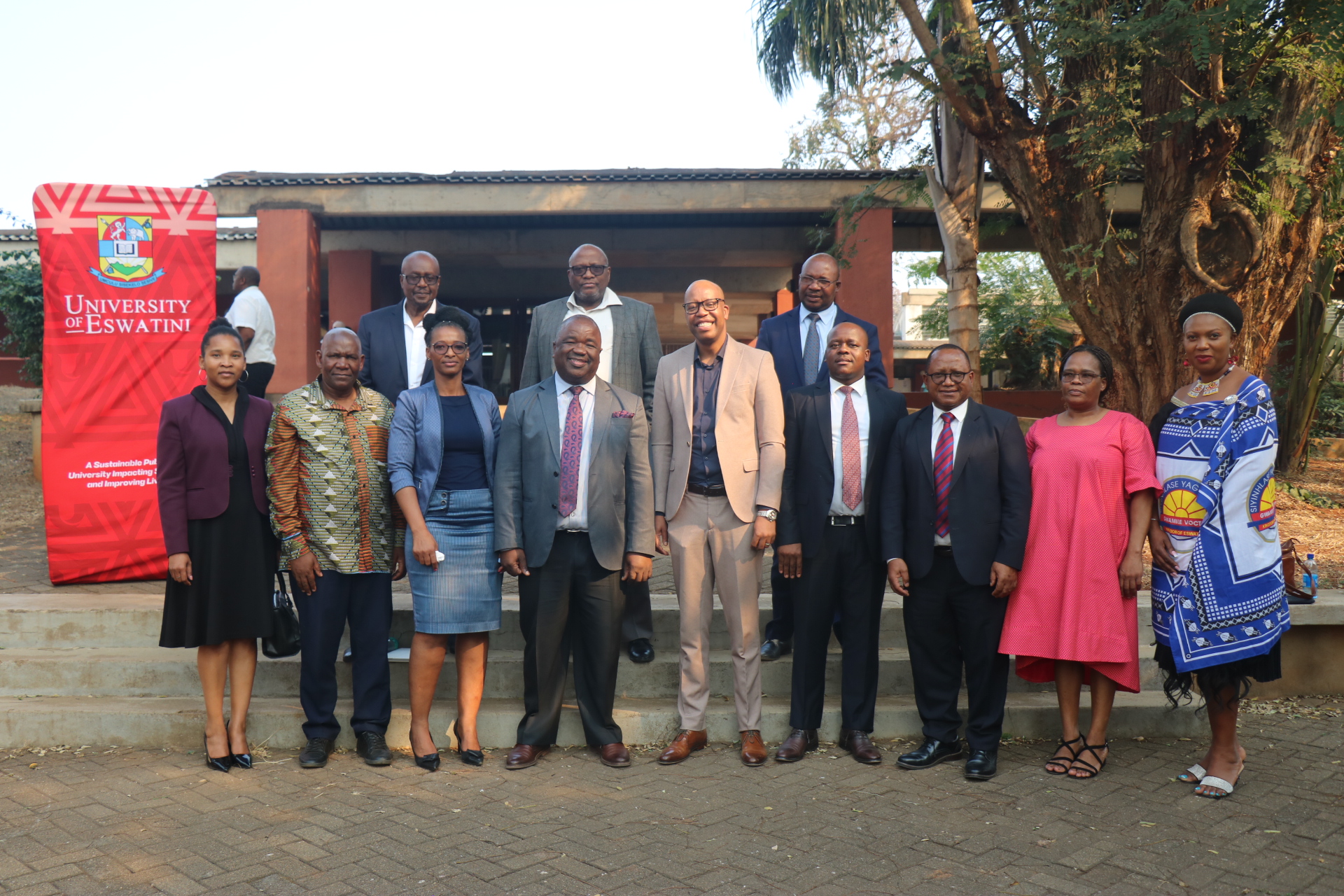by Ncaba Ntshakala
The University of Eswatini (UNESWA) struggles to stay afloat as delayed and insufficient government subventions continue to threaten its operations.
This was contained in the interim report delivered by the University of Eswatini task team appointed by the Minister of Education and Training, Owen Nxumalo, in August 2024.
The report revealed that the institution’s reliance on government funding has become unsustainable and that in some years, the university required E800 million annually but received only 40% of that amount, leading to an ever-worsening financial crisis.
The delayed disbursements further exacerbate the problem, making it difficult for the university to meet its obligations, including staff salaries, utility bills, and academic resources.
RELATED: Task Team interim report exposes dictatorship in UNESWA Council leadership
Unlike in the past when government subventions were paid in lump sums or quarterly, they are now issued every month, which was cited as significantly reducing the university’s ability to save funds or generate interest.
This change, coupled with chronic delays in payments, has left the institution scrambling to fulfil financial commitments.
Suppliers, service providers, and even students have borne the brunt of this instability, with the university struggling to maintain essential services.

As the task team’s findings indicate, UNESWA’s financial woes are deep-rooted, with a pattern of poor financial practices, high wage bills, and governance failures further crippling the institution.
University’s wage bill consumes 90% of budget, leaving little for operations
UNESWA’s financial troubles are further worsened by an unsustainable wage bill that consumes over 90% of the university’s total budget, leaving less than 10% for operational needs.
The global benchmark for higher education institutions is 65%, making UNESWA’s situation far from ideal.
According to the task team’s findings, the wage bill is inflated by approximately 20%, a problem attributed to excessive benefits such as housing and travel allowances for staff who already own homes while university quarters remain unoccupied.
One of the biggest concerns raised in the report is that top management exploits the system by not taking leave, knowing they will be paid in cash upon retirement.
RELATED: World Bank injects E3 million to revamp collapsing UNESWA through Task Team
A recent example is that of a retired executive who cashed in on an extensive leave balance. The issue of expatriates also contributes significantly to the financial strain, as some continue working beyond their contracts to secure additional gratuities every two years, creating a costly cycle for the institution.
The task team revealed that for years, UNESWA has effectively functioned as an employment scheme rather than an academic institution, with its total revenue primarily covering salaries rather than supporting teaching, research, and student needs.
Until the wage bill is addressed, the university’s financial crisis is unlikely to improve, leaving UNESWA on the brink of collapse.


